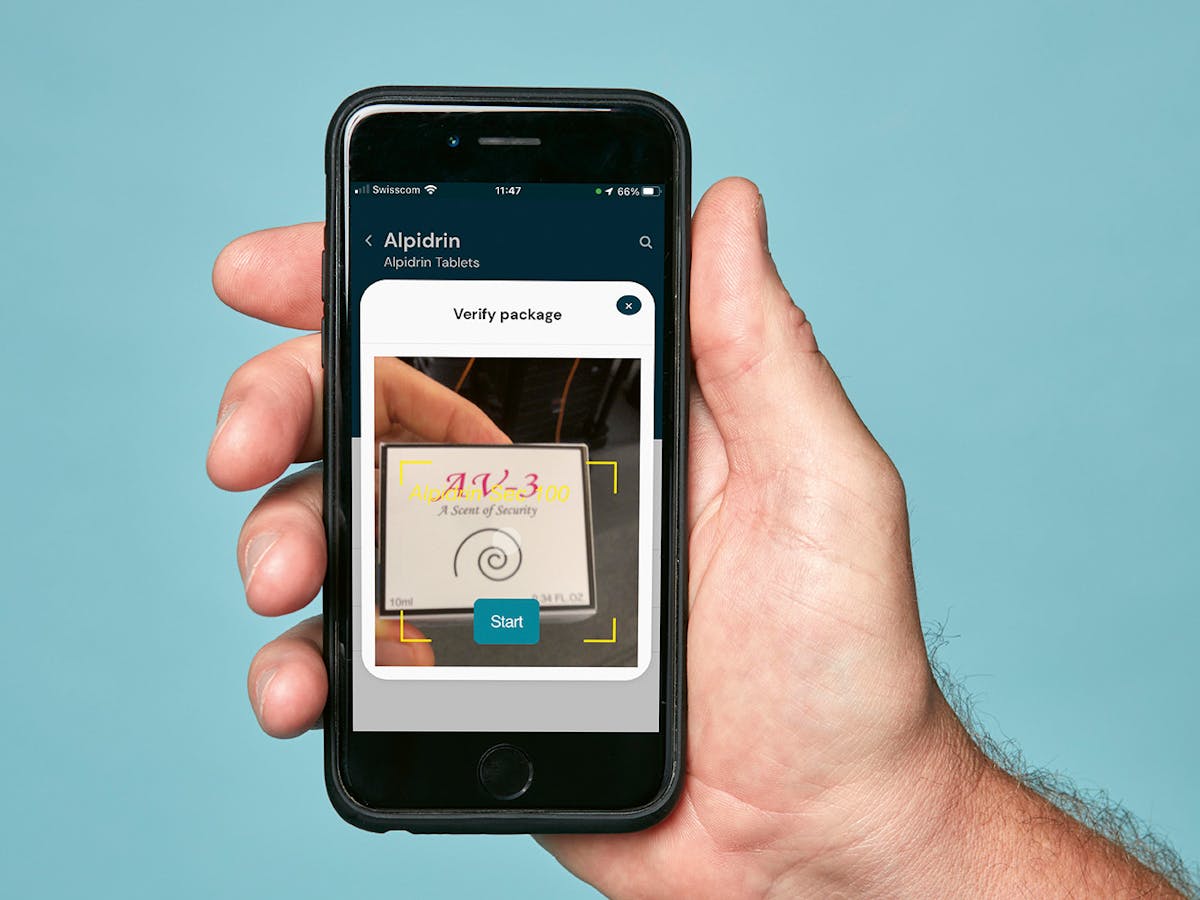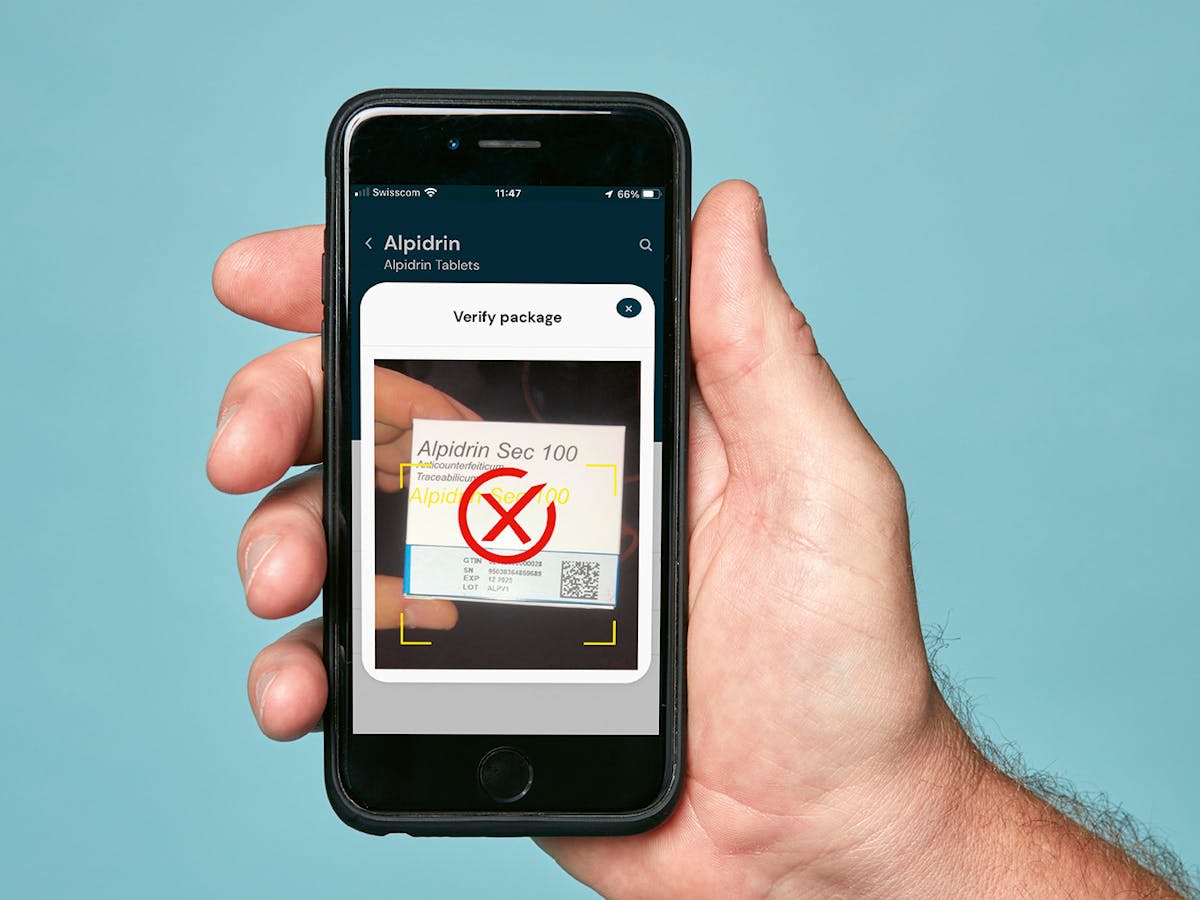
A step-by-step experience of the PharmaLedger app. This could soon be the reality for millions of patients around the world.
 Table of contents
Table of contents A trust-based system
A trust-based system Cross-industry collaboration
Cross-industry collaboration Electronic leaflet
Electronic leaflet Digitized future
Digitized futurePublished on 19/12/2022
Global healthcare made major strides in the past few years from developing breakthrough gene therapies that have the potential to cure diseases to the ubiquitous use of big data technologies to speed up drug research. But many elements along the complex road from bench to bedside still need fixing.
Just think of the following cases: A thousand miles from home, a tourist struggles to translate the instructions on the patient leaflet as his migraine gets worse; elsewhere, a batch of pills is recalled due to contamination, but not everyone who bought a package can be alerted; meanwhile, a patient is filling her shopping basket at an online pharmacy, unaware that the medicines are fake.
Such challenges have been burdening the industry for many years. While solutions for some of them have been developed in regional, often affluent pockets of the world, an elegant and cost-efficient panacea that could solve them globally – and especially support developing countries – is still lacking, at least until recently.
The seed to overcome many of these challenges was planted in 2017 by Dan Fritz and Marco Cuomo from Novartis, who dreamed up a plan that would leverage blockchain technology – a distributed database and software method that holds the promise to secure the entire value chain of the healthcare industry from distribution to drug delivery.
















